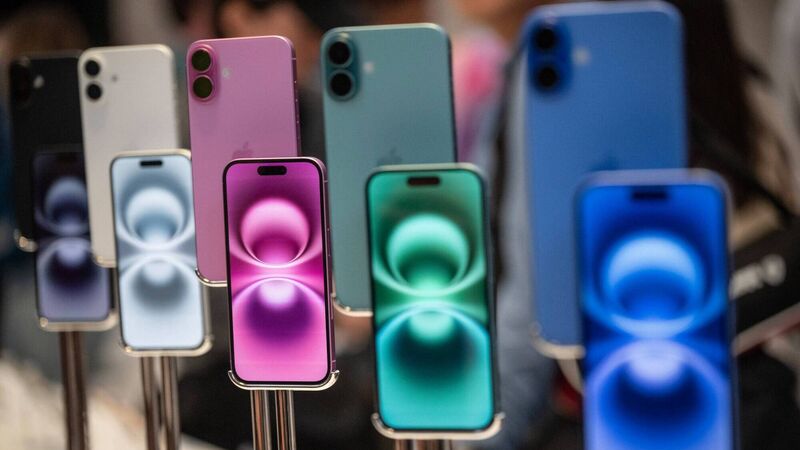Apple attacks EU crackdown in digital law’s biggest court test

EU commission lawyer Paul-John Loewenthal hit back against the tech giant’s claims, saying Apple’s “absolute control” over the iPhone has allowed it to generate “supernormal profits in complementary markets where its competitors are handicapped and cannot compete with it on an equal footing.”
Apple lashed out at the European Union’s attempts to tame the power of Silicon Valley in the most far-reaching legal challenge of the bloc’s Big Tech antitrust rules.
The iPhone maker’s lawyer Daniel Beard told the General Court in Luxembourg on Tuesday that the Digital Markets Act “imposes hugely onerous and intrusive burdens” at odds with Apple’s rights in the EU marketplace.











